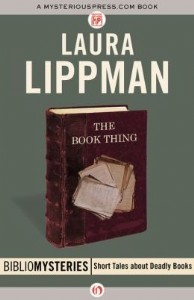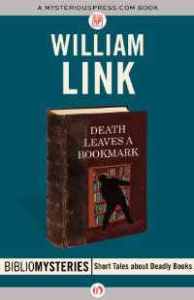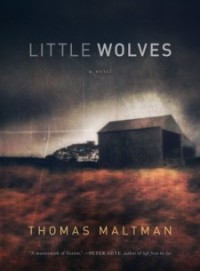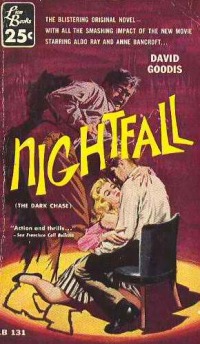Bibliomysteries by Laura Lippman and William Link
 Saturday, January 19, 2013 at 9:50PM
Saturday, January 19, 2013 at 9:50PM MysteriousPress.com is publishing (in digital form) a series of stand-alone mystery stories by popular crime authors in which books, bookstores, libraries, or manuscripts play a central role. I don't usually review individual short stories, but I'm making an exception for the Bibliomystery series because the concept is interesting and the authors are well known.

"The Book Thing" by Laura Lippman was published on January 15, 2013.
Expensive illustrated books are disappearing from the children's bookstore in Tess Monaghan's North Baltimore neighborhood. Since Tess wants the store to survive so her daughter will have a place to shop for books, she agrees to investigate despite the owner's inability to pay her. It doesn't take Tess long to discover how the thefts are being committed.
While Tess tries her hand at social work and matchmaking before the story is done, the tale's best moments belong to the thief rather than the private investigator. He is drawn with uncommon understanding and compassion. The thief prompts Tess to think about the lives that books live, they ways they die, and the purposes they serve.
Given the uncertain future of brick-and-mortar bookstores, the story is notable for its condemnation of tacky readers who get free advice from bookstore owners and then download the recommended books into their eReaders from online retailers. The story also has a telling message about parents who burden their kids with their own childhood favorites (potentially killing the child's desire to read) rather than letting their children discover their own treasures. In short, this bibliomystery isn't much of a mystery, but it's a fine examination of the role books play in our lives.
RECOMMENDED

"Death Leaves a Bookmark" by William Link was published on December 11, 2012.
Troy Pellingham, hoping to speed up his inheritance, kills his wealthy uncle, the owner of an antiquarian bookstore, by toppling a heavy bookcase on him and smashing his skull with a heavy art book. Police Lieutenant Columbo investigates the death.
All the familiar Columbo props and mannerisms are showcased: his cigars and rumpled raincoat; his search through every pocket for the one that's holding his notebook; his disarming pretense of forgetfulness; his habit, when questioning a suspect, of saying "Oh, just one more thing" as he is about to leave; his repetition of phrases like "boy, oh boy" and "That's a new one on me!"
In "Death Leaves a Bookmark," Columbo doesn't piece together clues like he did on the television show. In fact, he solves the crime without much effort at all. Still, the murderer and his attractive cousin (who plays a vital supporting role) are well defined characters, and their interaction adds spice to the story.
If you are unfamiliar with Columbo and don't see Peter Falk in your mind as you read "Death Leaves a Bookmark," I would recommend this story with resrvations because there isn't much to it. For Columbo fans, I recommend it whole-heartedly just for the joy of seeing the weathered detective in action again.
RECOMMENDED



